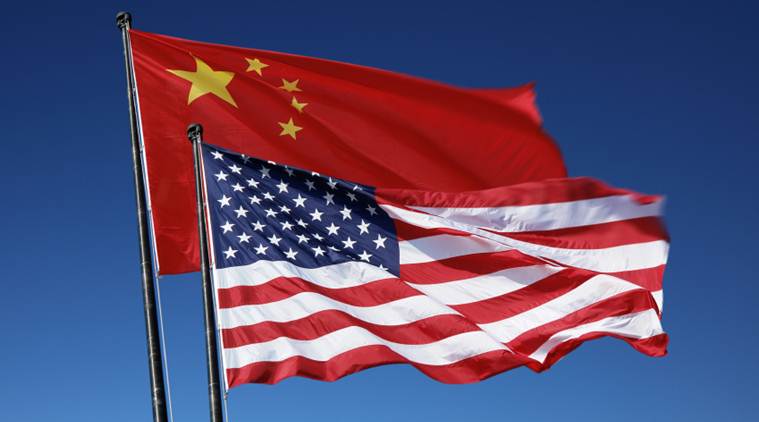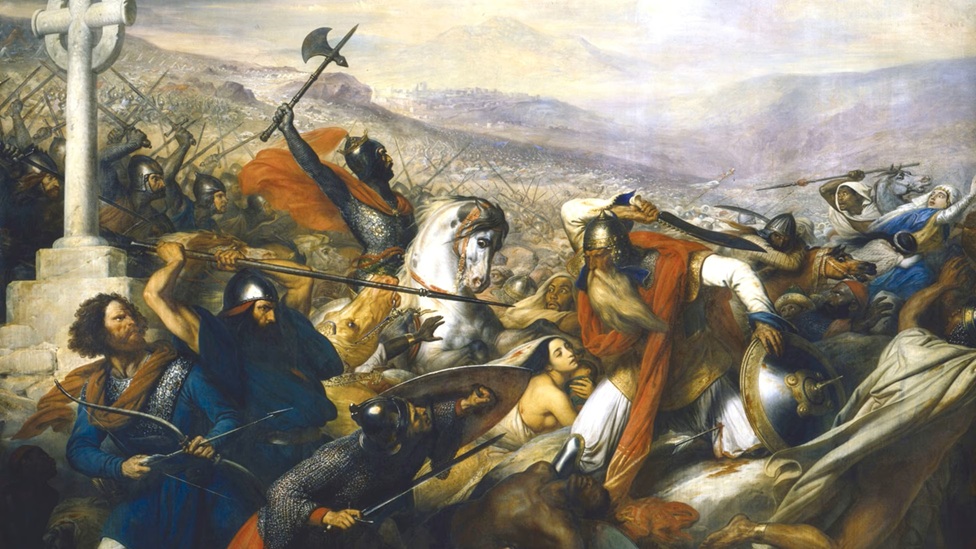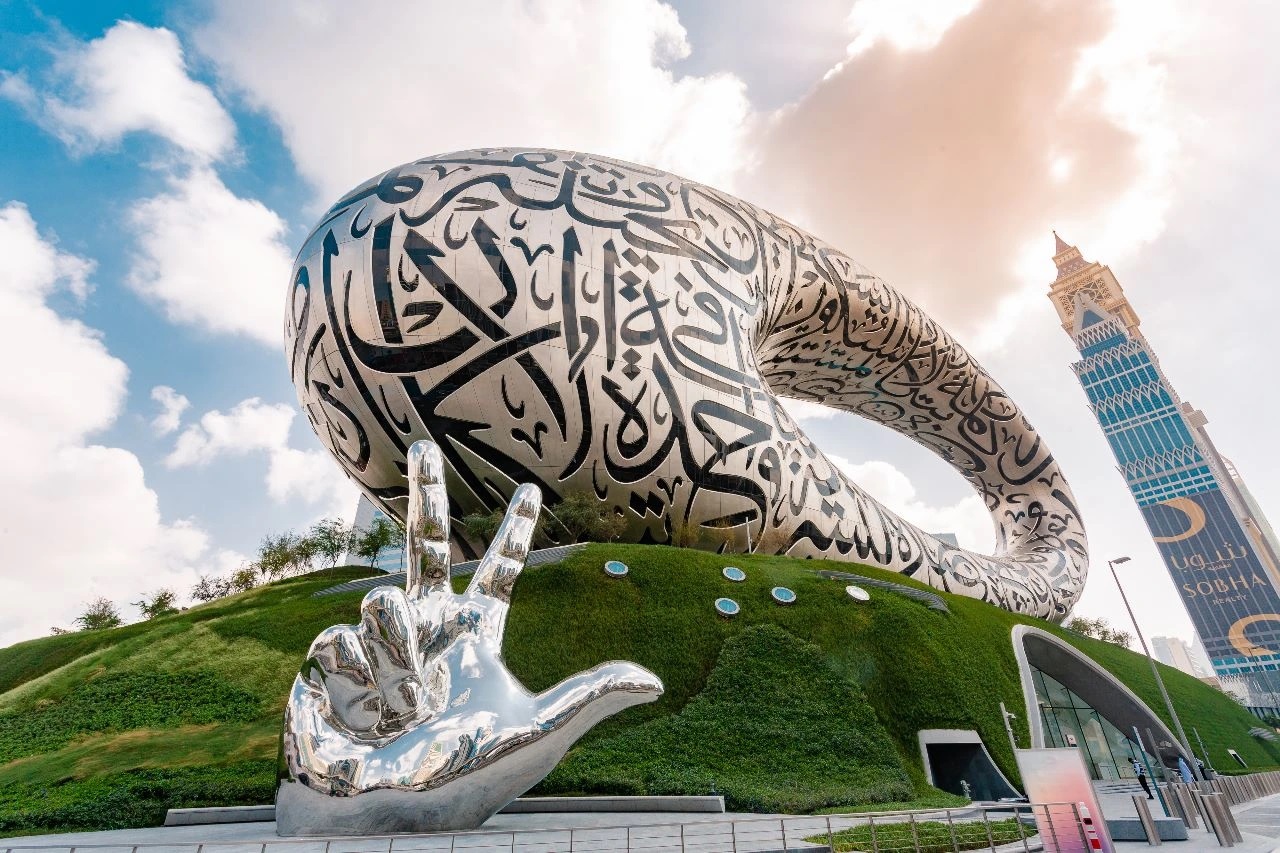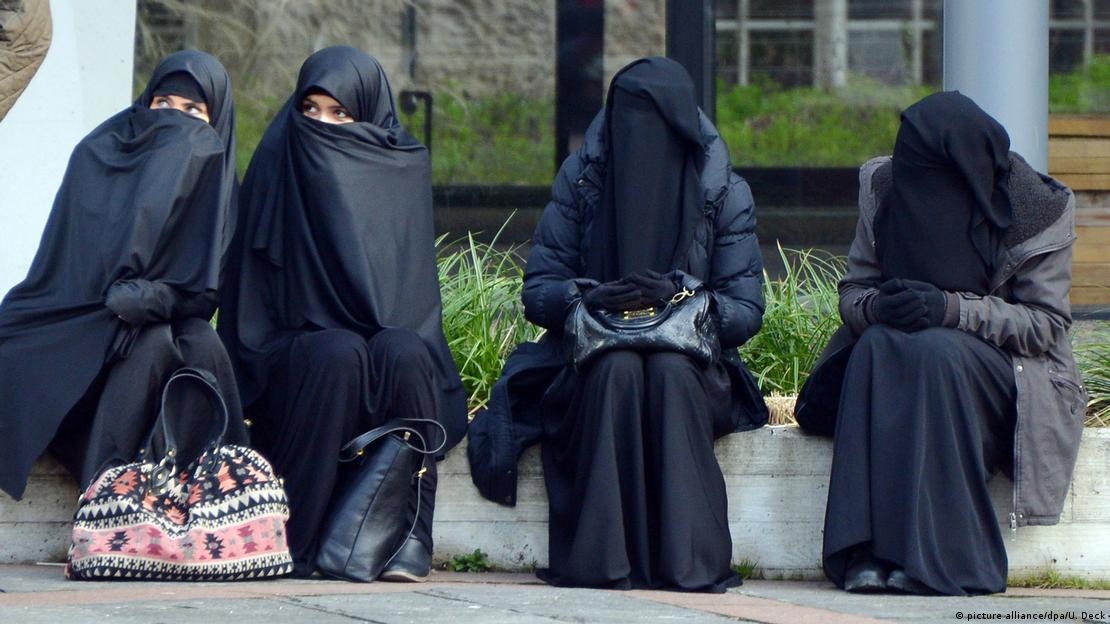
By SYED MOHAMMAD HUSSAIN, LAHORE SCHOOL OF ECONOMICS
INTRODUCTION
French revolutionary Napoleon Bonaparte once referred to China as a “sleeping giant, whose awakening would astonish the world”. (Lee, 2007) The giant found itself in slumber for much of its ‘century of humiliation’ characterized by invasions, massacres, occupations, plunder of public property and economic hardships. Following the death of Mao in 1976 and his later successor Deng Xioping initiating the ‘opening up’ policy in 1978, China has risen from being one of the world’s poorest countries in the world to being the world’s second largest economy in a matter of just 30 years (Yueh, 2015). The country has risen foremost in its economic goals and ambitions while also utilizing the implications of globalization to its advantage. Today, the nation has the largest foreign exchange reserves in the world, is the world’s largest exporter, the largest recipient and the second largest provider of foreign direct investment and has brought the most number of people out of period in the period 1978-2014, to name some of its economic achievements. (Eckart, 2016) China has shown a multi-faceted rise and has improved its military capabilities, space technology advancements and social reforms also seem more favorable; however, most noteworthy is indeed China’s economic surge and how it may indeed be the world’s largest economy by 2030. (Yueh, 2015) However, there is debate over whether this Chinese rise may be a peaceful and harmonious one or would the rise be subject to friction and hostilities by the United States and China’s neighbours. In this paper, we look to analyze China’s rise through a realist lens of analysis and would further subdivide our analysis using the classical realist and the neo-realist schools of thought. We would also explore China’s transpiring political dynamics with the United States and its neighboring countries in the process.
With the recent election of Donald Trump as US president, global politics may inadvertently be seen more through a realist lens through the advocacy of individual state importance, alliances, relative gains stressed through an ‘America First’ policy, arms-military deals and a negation of international institutions/ agreements such as the United Nations and the Paris Climate Deal. Theoretical frameworks such as liberalism and constructivism may not hold much priority under the current grand scheme of world politics. In a recent Trump visit to Europe, German Chancellor Angela Merkel spoke of how the continent needed to “take fate into its own hands” and on a following visit of Li stressed that China “has become a more important and strategic partner.” (FISH, 2017) Similar to Europe’s recent warmness towards China, many US allies seem to be adopting a friendlier attitude towards China, partly due to the US’s self interested foreign policy and largely due to China’s effective economic diplomacy, soft power and economic leverage that it may use to induce countries to align with Chinese interests.
CLASSICAL REALIST ANALYSIS
Classical Realists or traditional realists believe that humans are by nature selfish, greedy and driven by self interest. These innate qualities are extended from the person to the state as well which operates to promote its national interests, engage in self-interested power politics to ensure its survival and an endless drive to seek power. Classical realism bases the decision of states more on internal motives and ambitions rather than the structure of international politics and bases these motives of humans and states as ‘evil’. Internal sources of power, ideologies, value and domestic dynamics hold virtue for classical when it may come to analysis. The international political system is seen pessimistically as reflected by being in a state of anarchy (lawlessness and conflict driven) and belief in human/state progress is bleak. In simple classical realist analysis, the rise of China would be seen as aggressive in searching for power to preserve its own security and self-help.
The rise of China through a classical realist lens must incorporate talk of Chinese economic expansion, diplomacy and coercion. Prominent modern classical realist thinker Hans Morgenthau notes in his principles of political realism that states demonstrate interest through power.[1] China seeks to use its economic power with weaker or less developed states. Chinese investments, loans and economic retaliation are seen as a more subtle way for China to assert itself contrary to the rise. In Ecuador, for example, Chinese investments amount to about a quarter of the country’s economic output. (Balogun) China has provided soft loans that have translated or are translating into massive debt traps for countries such as Bangladesh and Sri Lanka. Of recent, China acquired some 70% of the shares of Sri Lanka’s Hambantota port as a concessionary agreement due to Sri Lanka’s failure to meet debt requirements set by Chinese Exim Bank. (Moramudali, 2017) China has given priority to economic diplomacy amongst others. With diplomacy, China may economically retaliate (tariffs, embargos, trade bans and quotas) against nations it may deem as unfriendly/hostile as it had done in recent times against South Korea for deploying the THAAD anti defense system. Ely Ratner, a former deputy national security advisor to Joe Biden who currently works at the Council on Foreign Relations claimed that in Asia: “we’re seeing a region that’s equally afraid of being subject to Chinese retaliation as a region fleeing from Donald Trump.” (FISH, 2017)
A further emphasis of classical realism is on ‘dynamics of power relations over time.’ (Kirshner, 2010) This argument elaborates on how shits in relative power of states over time may influence the perception of other states towards the state growing in power; this change in perceptions may possibly lead to anxiety, pressures and suspicions resulting in possible war between states. Contrary to traditional rises of great powers with military advancements, China has shown that it will not look to build on massive military stockpiles/arsenals. However, these assertions have not been taken credibly and do not allay fears of the United States and China’s neighbors such as Japan, the Philippines and India. There is indeed growing fear particularly amongst China’s neighbours that China may look to translate its economic gains to military expenditure and build up which is consistent with certain strands of realist thought. Indeed China continues to build on its military expenditure, conventional weapons modernization and in particular, its nuclear arsenal modernization. Since the time of Xeng Dioping, China has looked not to draw too much attention to its growth and rise. This was further exemplified when he said: “Hide our capacities and bide our time, but also get some things done.” (Mearsheimer, 2001)The statement by Xeng showcases China’s willingness to grow quietly without having to draw any foreign criticisms, provocative hostilities, sharing the global burden of a responsible superpower amongst others. This is also further supported by how China continues to project itself as a developing country/power at many international summits so it may continue to grow( while claiming development status benefits) and finally be in a position to assert itself in its region and carve out its own sphere of influence.
Prominent amongst classical realist beliefs is that the hunger for power does not stop as power is the currency for international politics. Debates also exist between current realist scholars whether China would be settle for regional hegemony or expand for global power status. Noteworthy to mention is that China finds itself in a hostile neighbourhood with some strong economies such as Russia, Japan, India and South Korea. China’s diplomacy of peace and harmony was also given a blow when its maritime disputes in the South China Sea reached heightened tensions. The renowned American political scientist Nicholas Spykman observed that ‘the number of cases in which a strong dynamic state has stopped expanding or has set modest limits to its power aims has been very few indeed.’ (Spykman, 1942) China seems to be expanding its regional and global clout through pro-Chinese integration and connectivity projects such as the China-Pakistan Economic Corridor Project and the One Belt One Road Initiative. To further China’s needs for energy resources and strong markets, it is diplomatically active in Africa with many imminent development projects. China also continues to further its claims and influence in the Asia Pacific/ South East Asia developing friendlier agreements with ASEAN while also asserting claims of its sovereignty in disputed territories while bearing in mind that the region is also dubbed as the economic future of the world. China is also beginning to take more active interest in the Persian Gulf region due to its trade and resource incentives as the United States had traditionally done. China’s veto that favoured the Bashar government may be one inclination of China’s willingness to be more involved in the region. However, needless to say, China would cross paths and conflict in interests with the US in such far-reaching ambitions. Furthermore, it is likely that Morgenthau or Thucydides would look at US-China relations with skepticism, believing that China’s growth will only serve as a breeding ground for self-interest and expansionist tendencies. (Sibley, 2015)
NEO-REALIST ANALYSIS
Neo-realists or structural realists as opposed to their classical counterparts reflect more on the international structure of politics and divert focus to the ‘environment’ in which state actors. In neo-realism/structural realism, significance is attributed to the relative power differences within the hierarchical international structure with emphasis on military factors/capabilities. While classical realism gives importance to domestic factors, ideology, values and culture with regards to individual decision making, neo-realism gives heed to structure and external factors.
While commenting on global polarity from a neo-realist perspective, one of neo-realist frameworks prominent founding thinkers Kenneth Waltz finds that the current unipolar world is actually less secure than the bipolar world order prevalent in the Cold War era. (Waltz, 2000) This argument draws its roots from the assumption that enemies of the United States are now less clearly defined as was the case with visible Soviet/Capitalist regional boundaries in the Cold War era. In the modern day, groups such as Al-Qaeda lack centralization, hierarchy and defined territorial boundaries which makes dealing with the threat far cumbersome and pragmatic. The Chinese threat adds to further complications with China’s economic global expansion and perceived hegemonic ambitions. It is recommended that China adopt a policy of aggressive containment with regards to China to contain it. Already as visible, a bandwagon effect ( to balance regional power ) may result in many of China’s neighbours siding with the US in any conflict with China. In fact, if China looks for global power status, it may first desire regional hegemony and this where the US may look to stop China first. Prominent American realist scholar John Mearsheimer pointed out that: “A wealthy China would not be a status quo power but an aggressive state determined to achieve regional hegemony” (Mearsheimer, 2001) This viewpoint is widely shared in the United States and many Americans distrust the Chinese official promulgation regarding China’s peaceful rise. (Huang) This may also be evident with Obama’s Pivot Asia plan and stationing US troops in the Australian coast of Darwin. A direct conflict between the great powers however, seems unlikely owing to the nuclear deterrent threat from both sides and in the case of the US, the threat extends to defending US allies in the region such as Taiwan and Japan which are direct Chinese neighbours.
The previous discussion may be extended forward to include deliberations over a security dilemma arising. Structural realism may argue that an arms race may arise between China and its neighborurs owing to misinformed perceptions and knowledge. This is further built upon by John Mearsheimer who said that: “a state can never really understand the actions or intentions of other states” (Mearsheimer, 2010, pp. 383). This misperception of states actions may translate into an arms race as has been the case of historical tensions between China and the US and China and its neighbours. US actions such as bringing aircraft carriers to the Asia pacific and arming countries such as Japan and Taiwan but have defensive reasons given by US authorities, however, the Chinese would have great reason to interpret it as strategies of offensive rather than defensive realism. Even if China continues to rise despite US aggressive containment and projected peace, realist thinker AFK Organski in his power transition theory believes that the chances of conflict would be higher as the powers between two relative powers may even and finds that the world is safer with just one dominant power rather than two evenly matched powers as the costs of power transistion are very high and have to be borne by the weaker states (Tammen, 2003) and in the US-China case, they may be borne by Chinas’s neighbours and US allies.
Finally, neo-realist thought also propagates that while international institutions have highly limited significance and value in the international system, they are tools of the powerful or great states and are used to their own advantage while the weaker states are made to obey the status quo. In the words of Kenneth Waltz, “most international law is obeyed most of the time, but strong states bend or break laws when they choose to.” (Kirshner, 2010) From the Bretton Woods agreements to the post cold war American ‘Uni-polar moment’ to the modern day, the United States has continued to exert its influence whether explicitly or implicitly on the international community through its powerful voice at world bodies/ organizations such as the United Nations, the International Monetary Fund, the World Bank and the North Atlantic Treaty Organisation. China now looks to counter these institutional influences through creation/ support of regional/global bodies more supportive and conducive to Chinese interests and the East in general. Examples of such organizations may be the Shanghai Cooperation Organization and multilateral financial institutions such as the Asian Infrastructure Investment Bank and the BRICS New Development Bank. The success of these forums may be determined with time and their affect on manipulating global advantage to China’s advantage.
CONCLUSION
To conclude, our analysis finds that China’s rise would be showcased through economic prowess demonstrated through regional economic dependencies towards China by lesser developed and weaker countries. China would look to continue its peaceful rise despite US apprehensions and conflict between the two powers is indeed possible as the power disparity lessens, however any such conflict may prove localized and low cost to the proportion of the countries’ powers due to the factor of nuclear deterrence. China would ultimately look to solidify its influence in its region through it would continue to be met with US conflicting interests along the way.
Balogun, E. (n.d.). A Liberal and Realist Perspective of China’s rise. Retrieved 12 20, 2017, from European Student ThinkTank: https://europeanstudentthinktank.com/2016/08/25/a-liberal-and-realist-perspective-of-chinas-rise/
Eckart, J. (2016, June 23). 8 things you need to know about China’s economy. Retrieved December 20, 2017, from World Economic Forum: https://www.weforum.org/agenda/2016/06/8-facts-about-chinas-economy/
FISH, I. S. (2017, June 2). Is China Becoming the World's Most Likeable Superpower? Retrieved 12 20, 2017, from The Atlantic: https://www.theatlantic.com/international/archive/2017/06/china-jinping-trump-america-first-keqiang/529014/
Huang, C. Y.-H. How Do Americans View the Rise of China? Asian Barometer Survey Conference. Shanghai: Institute of Arts and Humanities.
Kirshner, J. (2010). European Journal of International Relations , 53-75.
Lee, J. T.-H. (2007). The Rise of China: An Introduction. Indian Journal of Asian Affairs , 1-4.
Mearsheimer, J. (2001). The Tragedy of Great Power Politics. New York: W.W. Norton & Company.
Moramudali, U. (2017, August 16). Sri Lanka's Debt and China's Money. Retrieved 12 20, 17, from The Diplomat: https://thediplomat.com/2017/08/sri-lankas-debt-and-chinas-money/
Sibley, G. M. (2015). The Rise of China Through the Lens of Realism. UNG Annual Research Conference, (p. 63). Dahlonega.
Spykman, N. J. (1942). America's Strategy in World Politics. The United States and the Balance of Power. . Social Forces , 112-113.
Tammen, D. L. (2003). Power Transistions Theory and The Rise of China. International Interactions , 269-271.
Waltz, K. (2000). Strutural Realism after the Cold War. International Security , 1-37.
Yueh, L. (2015, December 9). China's Growth: A Brief History. Retrieved December 20, 2017, from Harvard Business Review: https://hbr.org/2015/12/chinas-growth-a-brief-history





